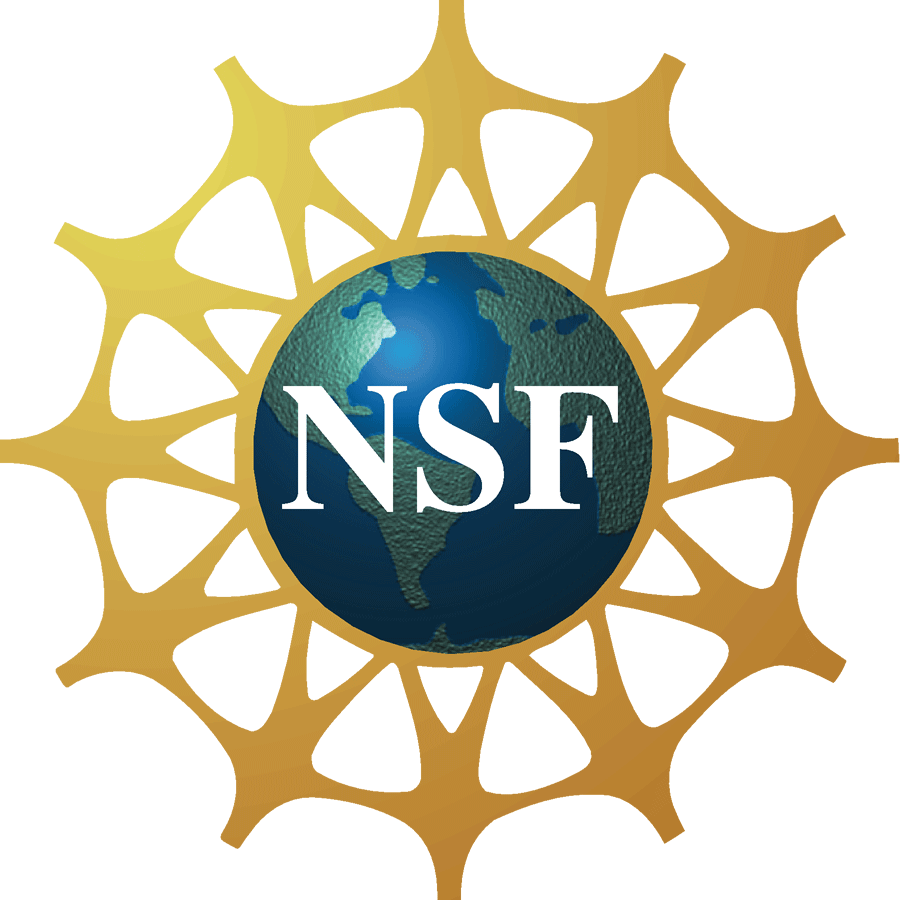Experiencing Ethics
This education project introduces novel science ethics coursework at the University of Houston (UH) that features three levels, Theoretical/Case Studies/Experiential. The theoretical level identifies and explains central moral issues and principles relevant to research ethics. This is followed by dialectic investigations of famous cases in science ethics. The coursework culminates with the experiential level, an ethics practicum with emphasis on topics of peer review and human/animal experiments – two cornerstones of modern research life. The practicum element is supported by an ever expanding set of mentors from UH and the local medical schools, as well as by conference committees and journal boards. In the introductory course, the practicum lasts 2-3 weeks, while in the advanced course the student is immersed in a practicum for the entire semester, while s/he is engaged in a deeper philosophical investigation of relevant issues in the classroom.
The program also features a diverse set of outreach activities. These include more traditional initiatives such as the organization of seminars and workshops and the publication of a book. It also includes social media interaction (blogging and facebook), aimed at engaging young people on an everyday basis, in ethics discourse, something that few other outreach modes can do effectively.
First, it links theoretical analysis to real ethical experiences gained via practicums, a methodology that may be particularly effective on student populations with blue collar origins, a technical orientation, and a very practical view of the world. Importantly, the program develops due processes to implement this challenging methodology that may be widely adopted by schools, journals, and conferences, transforming the preparation of young researchers.
Second, it advances `thinking aloud’, a strategy to help people deal with ethical drift, a ubiquitous cause of unethical behavior, by regularly soliciting feedback from friends.
Third, it advocates the use of social media on a large scale, not only as global outreach platforms, but also as lifetime data gathering tools for evaluation purposes.
Intellectual Merit: The intellectual merit of the educational program is threefold:
Broader Impacts: The broader impacts are expected to come primarily from the experiential and thinking-aloud innovations of the program. If the experiential element proves successful, other ethics educational programs will likely incorporate similar methods, and journal and conference boards will support them. Already, a minority institution (University of Texas at Brownsville), several research labs, and some conferences and journals have given their full support to this initiative and intend to participate in it. The thinking-aloud concept can also be adopted outside the classroom by practicing scientists across various disciplines. Finally, ethics blogging and facebook may prove outstanding outreach modes, as they can engage people on ethics issues on an everyday basis.
Keywords: Science Ethics; Ethics Practicum; Emotion and Reason; Social Media











